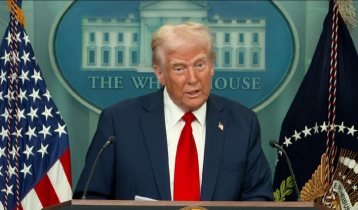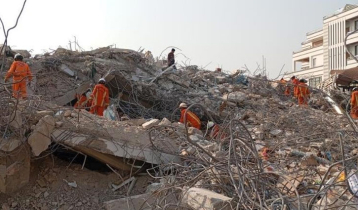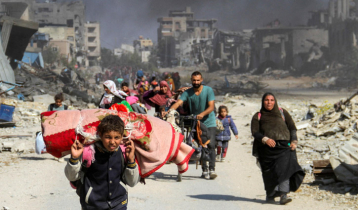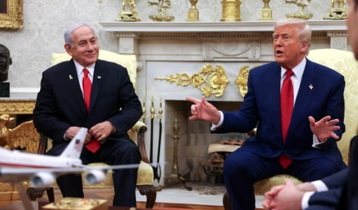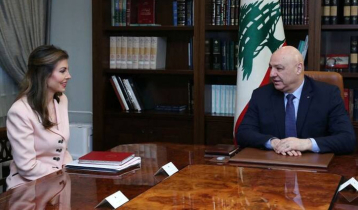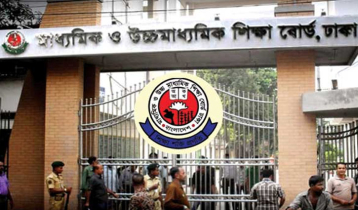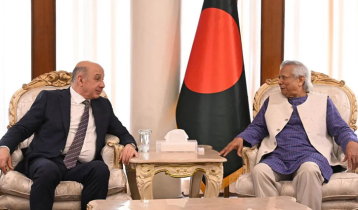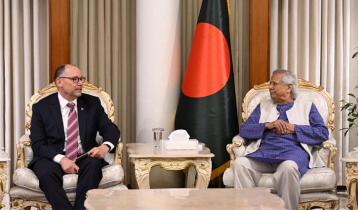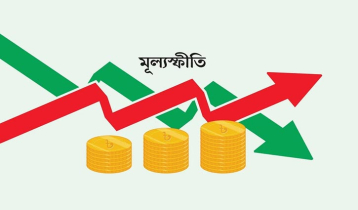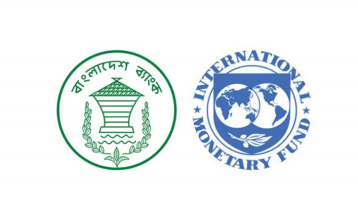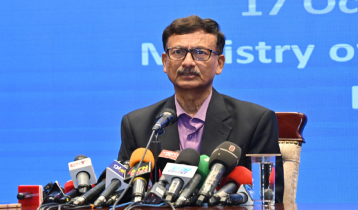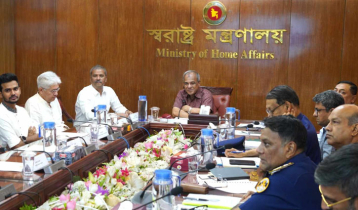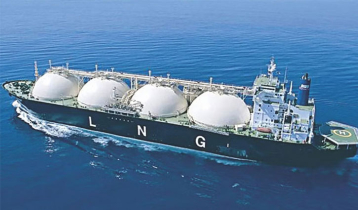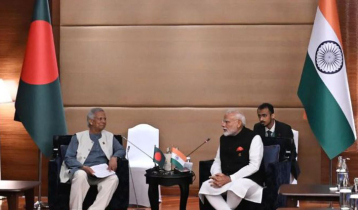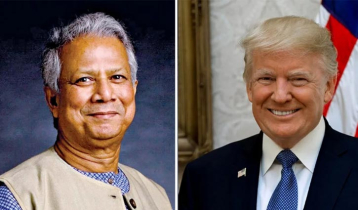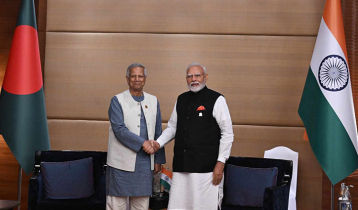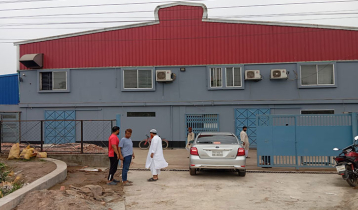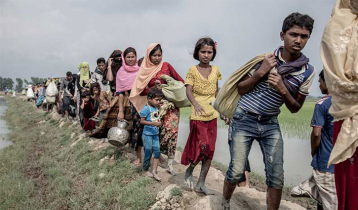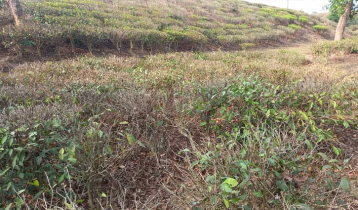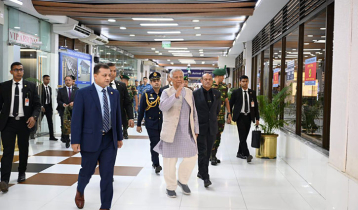Bangladesh named “The Economist`s country of the year”
Desk Report || risingbd.com
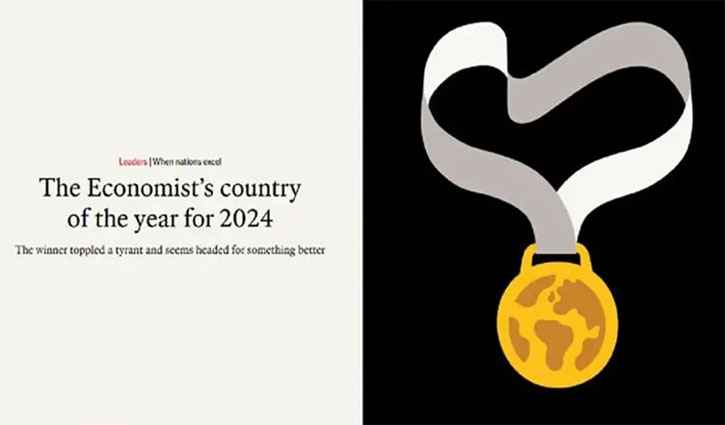
Each December the Economist picks a country of the year. The winner is not the richest, happiest or most virtuous place, but the one that has improved the most in the previous 12 months.
Bangladesh is named as “The Economist's country of the year 2024” for overthrowing an autocrat.
Previous winners include Colombia (for ending a civil war), Ukraine (for resisting an unprovoked invasion) and Malawi (for democratizing). In 2023 we gave the prize to Greece for dragging itself out of a long financial crisis and re-electing a sensible centrist government.
The report said, Our shortlist this year had five names on it. Two took a stand against bad government. In Poland the new administration of Donald Tusk, formed after parliamentary elections in 2023, spent the year trying to fix the damage done by its predecessor. The Law and Justice party, which had ruled for eight years, eroded liberal democratic norms by capturing control of the courts, media and business, following the model of Viktor Orban in Hungary. Tusk has begun the long slog of repairing institutions. He has also made Poland an even stronger pillar of European security, with its large army and rising defence spending. However, he has cut some constitutional corners, and Poland’s relations with Germany are poor.
Our runner-up is a late entrant: Syria. The ousting of Bashar al-Assad on December 8th ended half a century of depraved dynastic dictatorship. In just the past 13 years civil war and state violence have killed perhaps 600,000 people. Mr Assad’s regime used chemical weapons and mass torture against perceived opponents, and resorted to industrial-scale drug-dealing to raise cash. His fall brought joy to Syrians and humiliation to his autocratic backers—Russia, which lent him air power to drop barrel bombs, and Iran, which counted Syria (with Hamas and Hizbullah) as part of its “axis of resistance”.
Our winner is Bangladesh, which also overthrew an autocrat. In August student-led street protests forced out Sheikh Hasina, who had ruled the country of 175m for 15 years. A daughter of an independence hero, she once presided over swift economic growth. But she became repressive, rigging elections, jailing opponents and ordering the security forces to shoot protesters. Huge sums of money were stolen on her watch.
According to the Economist, “Bangladesh has a history of vengeful violence when power changes hands. The main opposition party, the BNP, is venal. Islamic extremism is a threat. Yet the transition has so far been encouraging. A temporary technocratic government, led by Muhammad Yunus, a Nobel peace prizewinner, is backed by students, the army, business and civil society. It has restored order and stabilised the economy. In 2025 it will need to repair ties with India and decide when to hold elections—first ensuring that the courts are neutral and the opposition has time to organise. None of this will be easy. But for toppling a despot and taking strides towards a more liberal government, Bangladesh is our country of the year.”
Dhaka/Nasim



